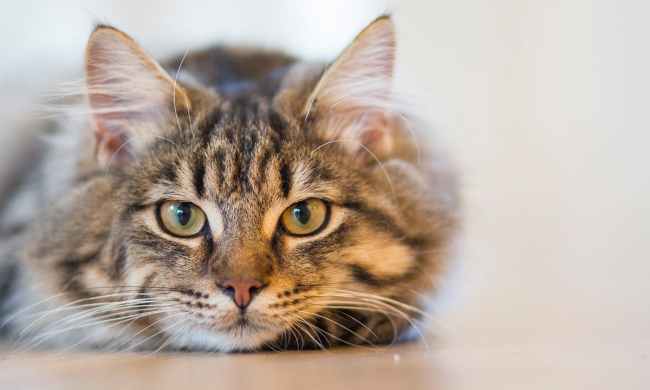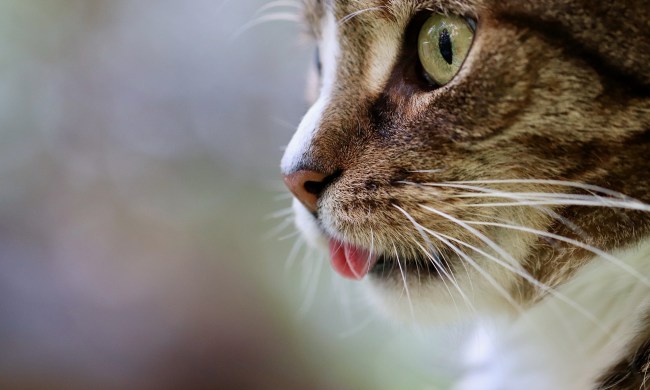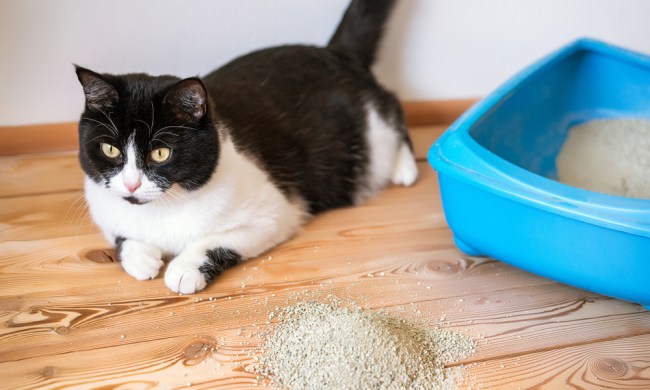Vaccinations can help cats prevent getting life-threatening diseases like rabies, but if your cat lives entirely indoors, you might assume they don’t need all of those cat vaccinations. While it’s true that cats can contract many diseases through their outdoor lifestyles, indoor cats aren’t entirely protected from some of these diseases. It might be tempting to save some money and avoid a trip to the vet, but deciding not to vaccinate your indoor-only cat could put them at risk of getting a serious or even deadly disease. If you’re undecided about the need to vaccinate, make sure you’re familiar with the risks before you make that decision.
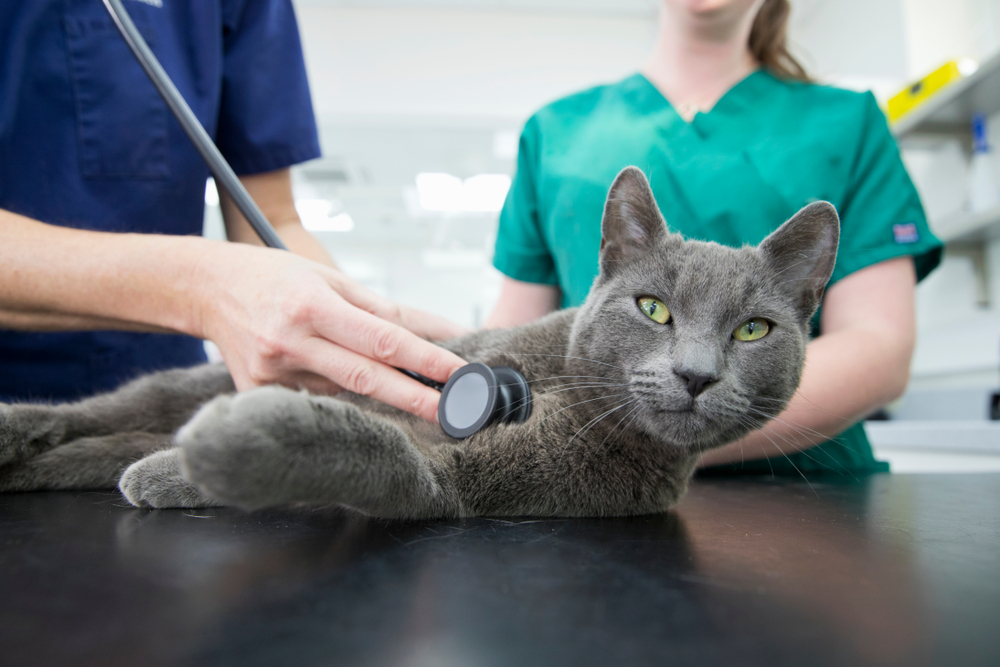
Why do I have to vaccinate my indoor cat?
According to Argyle Vet, it’s very important to vaccinate your indoor cat.
Cat vaccinations protect your pet
The first reason is that by vaccinating your cat, you’re protecting him from serious diseases that he could contract every year. Vaccinations only provide optimal immunity for so long, which is why vets recommend that you booster your cat’s vaccinations yearly.
Even thought your cat might stay indoors, they can still be exposed to extremely contagious diseases. That exposure can occur if your cat ever escapes from your house. Even if your cat doesn’t get out on their own, if you take them to the groomer or ever board them at a facility, they can be exposed to these diseases.
Cat vaccinations are required by many states
In addition to helping to protect your cat from diseases, there’s a second important reason to give your indoor cat vaccinations: It’s the law. Many states require that pet owners give their pets certain vaccinations, like the rabies vaccine. These vaccines can help to prevent these preventable yet deadly diseases from spreading, especially if your cat ever escapes from the house.
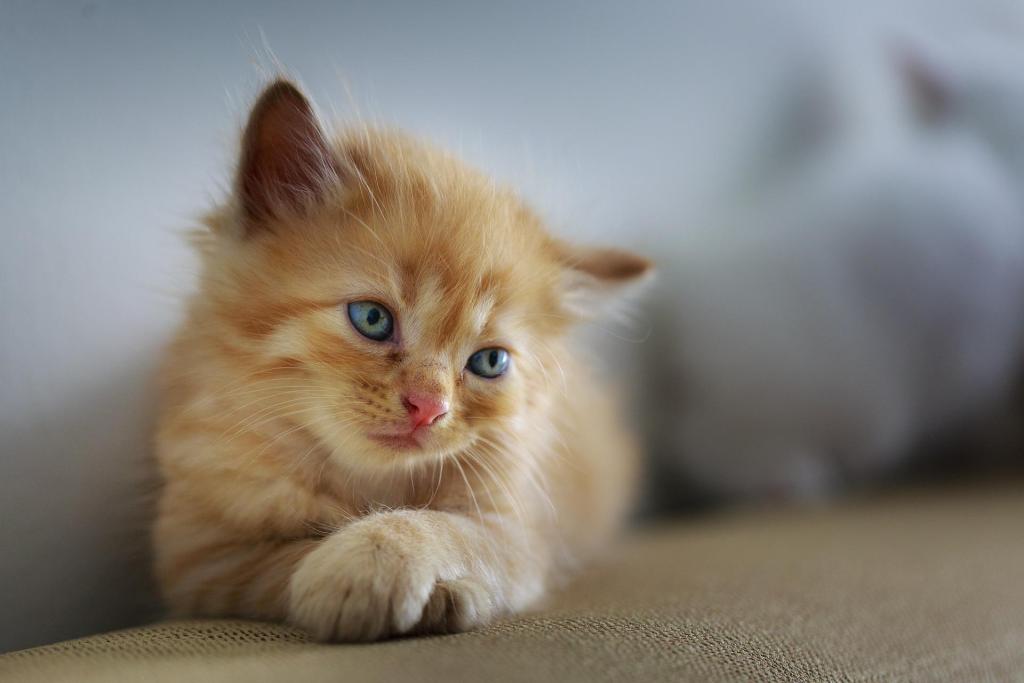
What vaccinations does my indoor cat need?
Rabies
According to NASA Pet Hospital, there are two main vaccinations that your indoor cat should receive. The first is the rabies vaccine. While rabies is rare in humans, it’s reported in more than 250 cats each year. Often, those infected cats were unvaccinated. Rabies is almost always fatal, and vaccinating your cat for rabies won’t only protect them, but could also help to protect you and your family from getting it.
FVRCP
The second vaccination is the FVRCP vaccine, or the feline herpesvirus/calicivirus/panleukopenia vaccine, which protects your cat against these three disease with a single shot.
Feline herpesvirus and calicivirus cause upper respiratory symptoms like coughing and sneezing. They can also cause joint pain and sores in the mouth. Panleukopenia is a form of feline distemper. This virus causes severe diarrhea and many cats die as a result.
It’s recommended that your cat receive the FVRCP vaccine when they’re eight weeks old, with additional shots when they’re 12 and 16 weeks old. Some cats may only need a two-shot series, depending on the FVRCP risk in the area. Your cat will need to have a booster every one to three years.
Additional vaccines for outdoor cats
While those two vaccinations are the most recommended for indoor cats, if your cat spends any time outdoors, they may need additional vaccinations. These vaccinations can help to protect your cat against other harmful diseases like chlamydia, bordetella, and feline leukemia.
Argyle Veterinary Hospital explains that though your kitten might receive their first round of vaccines at eight weeks of age, they won’t be fully vaccinated until they receive subsequent vaccinations at 12 or 16 weeks old. It’s important to keep in mind that your cat isn’t fully protected from these diseases during this time, so it’s important to keep your cat indoors and minimize their exposure to any potential risks, like other unvaccinated animals.
If you’re undecided about whether to vaccinate your indoor cat, it’s best to discuss your concerns with your vet. Your vet can provide you with detailed information about the level of risk for certain diseases in your area, as well as about how your cat’s health might be affected by your decision to vaccinate or not to vaccinate. Diseases like panleukopenia are sometimes deadly, but they’re also easily preventable, and your indoor-only cat might not be as well-protected from these diseases as you might think. Vaccinating your cat is an easy way to protect them against serious health risks, and depending on your cat’s lifestyle, they might only need vaccinations once every few years.
